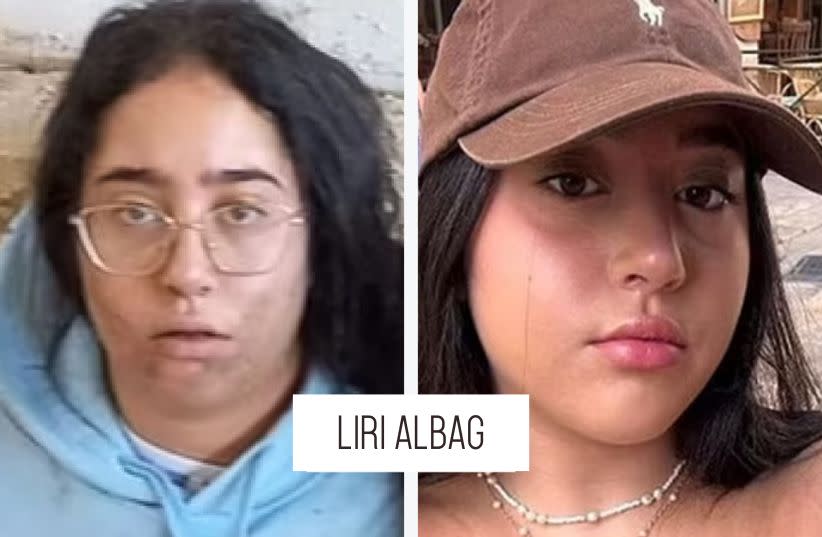The parents of four teenage girls kidnapped by Hamas terrorists on October 7 have made a desperate plea for international intervention with the British Daily Mail.
The four girls, Liri Albag, Karina Ariev, Daniela Gilboa, and Agam Berger, have been in captivity for over three months since their abduction during the violent attack near the Gaza border.
Shocking images of the bloodstained and terrified girls have emerged, painting a harrowing picture of their plight. With the recent collapse of a ceasefire and stalled negotiations, the families are now publicizing these images, calling for global support and action.
Orly Gilboa, the mother of 19-year-old Daniela, implored parents worldwide to imagine the horror of their children in such circumstances. Eli Albag, Liri’s father, described the agonizing uncertainty and fear that grips them every day.
“Think for one day that you don’t have a connection with your daughter and you know they are in the hands of bad people,” Eli said. “Then tell me what you would say after 90 days. This is killing us. Every minute is like an hour.”

The girls were kidnapped from Nahal Oz during an attack that saw widespread violence and atrocities. Since then, rare footage showing the girls in captivity has only intensified concerns about their well-being.
Families united by grief
The families, united in their grief, have been supporting each other through this ordeal.
“We cry together. We speak a lot, we understand each other,” said Liri Albag’s mother.
Survivors who have been released from captivity shared disturbing accounts of sexual abuse and inadequate medical care for serious injuries, including gunshot wounds and amputations.
Chen Goldstein-Almog, 49, a released hostage who saw the girls during her captivity, reported that despite their dire circumstances, they have not lost hope.
“Some of them are close in age to my daughters and I hugged them so hard,” Goldstein-Almog said.
“There were girls who spent 50 days and more alone,” she explained. “When they were sad, crying, their captors would stroke them and touch them. They described accounts of sexual abuse at gunpoint regularly.
“Some of the girls were badly wounded and haven’t been getting proper medical care, with gunshot wounds, even lost limbs. They said they can cope with the disability but not with the manner in which they were constantly violated.”
When speaking about the four girls, she described them as being strong, “and haven’t lost hope. But they were on the edge five weeks ago when we were separated from them. They need to be released. They cannot be there for one more day.”
